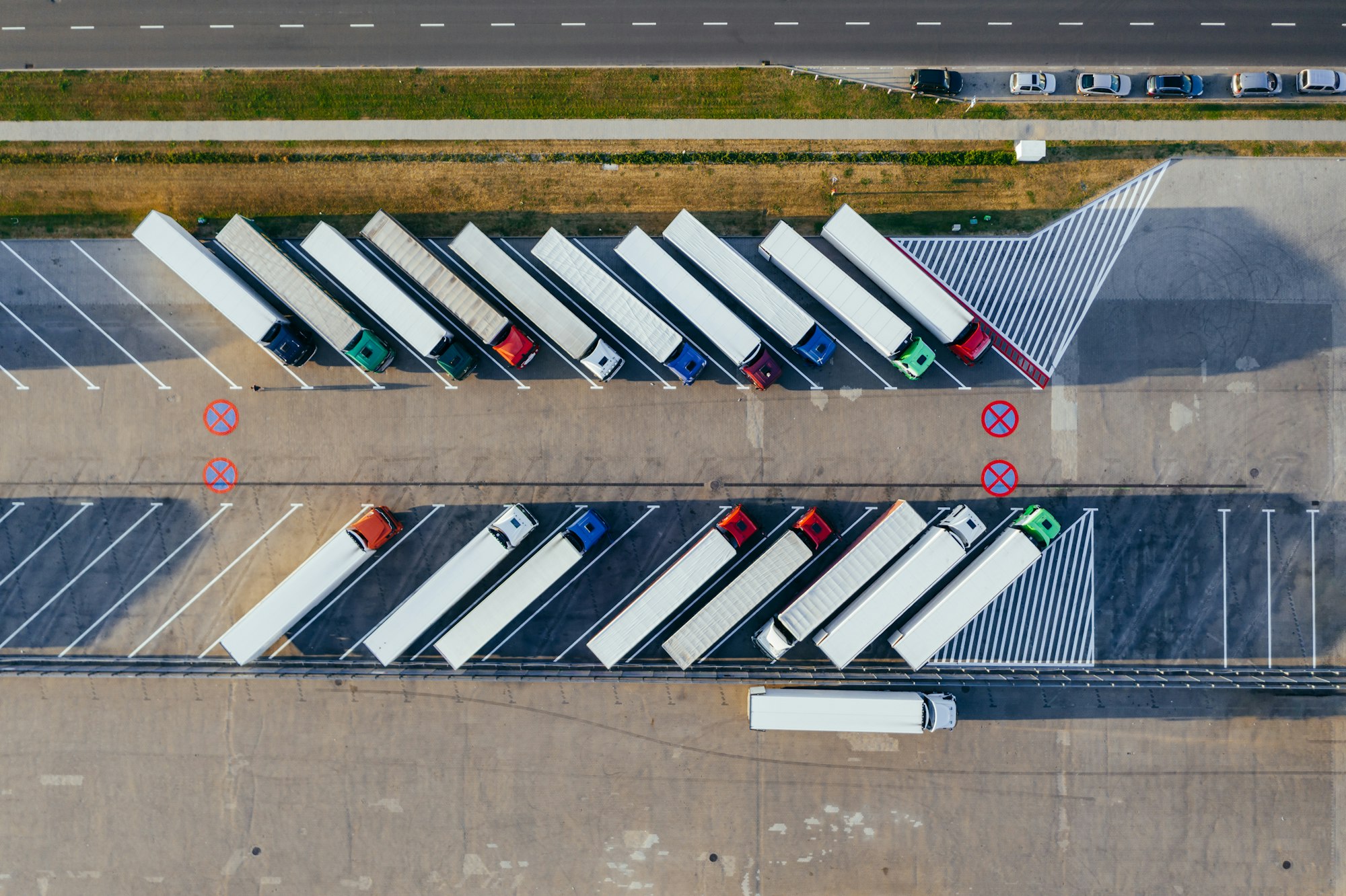The US wants to end its reliance on Chinese lithium. Its policies are doing the opposite.

The US is facing a growing demand for lithium, particularly for electric vehicles and specialized batteries, but the country lacks secure supplies of the mineral. Current policies, such as regulations from the Inflation Reduction Act, are hampering the development of supply chains and hurting the demand for electric vehicles. The US military could face security risks if it relies on Chinese suppliers for batteries and semiconductors. China currently dominates the global lithium-ion battery industry, supplying 80% of battery cells and accounting for 60% of the EV battery market. The US needs to develop alternative supply chains and promote domestic demand to address this issue.
Source: Link
Frequently Asked Questions
FAQ: The US Efforts to Reduce Dependence on Chinese Lithium
Q1: Why does the US want to end its reliance on Chinese lithium?
A1: The US aims to reduce its dependence on Chinese lithium to enhance its energy security, support domestic industries, foster economic independence, and decrease vulnerabilities associated with supply chain disruptions.
Q2: What policies have the US implemented to reduce reliance on Chinese lithium?
A2: The US has implemented policies such as investment in domestic mining and processing, funding for research and development of lithium alternatives, and the establishment of trade agreements with other lithium-producing countries.
Q3: How are US policies inadvertently supporting continued reliance on Chinese lithium?
A3: Some policies may inadvertently support reliance on Chinese lithium if they create regulatory hurdles that slow down domestic production, if insufficient investment is made in local infrastructure, or if they do not adequately address short-term needs while transitioning to a more diverse supply base.
Q4: What can the US do to effectively reduce its dependence on Chinese lithium?
A4: The US can focus on increasing funding for domestic exploration and extraction projects, streamlining regulations for mining operations, forming strategic partnerships with other countries, and boosting recycling efforts to reduce the need for raw lithium imports.
Q5: What role does recycling play in reducing the US reliance on imported lithium?
A5: Recycling lithium from used batteries can reduce the need for imports by recovering materials that can be reused in new battery production, thus supporting a circular economy and reducing dependence on foreign sources.
Q6: Are there alternative materials to lithium that the US is exploring?
A6: Yes, the US is exploring alternative materials such as sodium-ion batteries and solid-state electrolytes that could potentially reduce the dependence on lithium for battery production.
It is important to conduct further research or look at the specific Atlantic Council report that you mentioned to get accurate information regarding US policies and their impact on lithium reliance.

